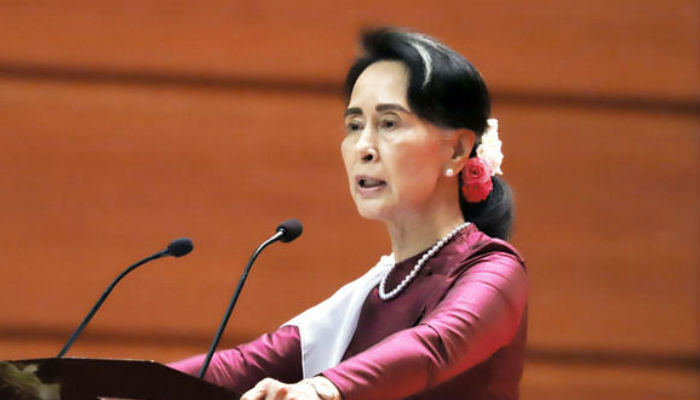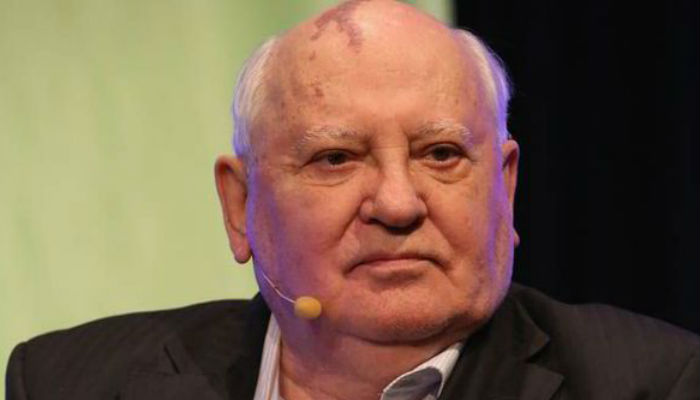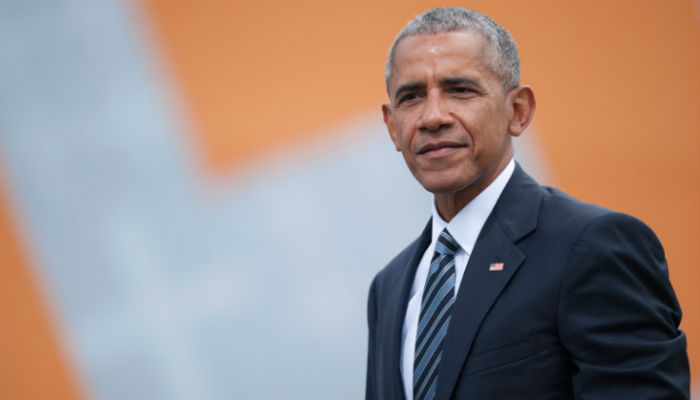War and the prize: how some Nobel laureates turn away from peace

OSLO: Myanmar’s leader Aung San Suu Kyi is the latest in a long line of Nobel Peace Prize laureates to disappoint many of those who once applauded her, and probably won’t be the last, a cautionary tale for the 2017 laureate who will be named next week.
Suu Kyi is facing international criticism, including from fellow peace prize winner Desmond Tutu, for not doing more to stop what the UN says are mass killings, rapes and the burning of villages taking place in Rakhine state. The violence has forced 421,000 Rohingya Muslims into neighboring Bangladesh.
That is a turnaround from 1991, when the Norwegian Nobel Committee awarded her the prize and praised “her non-violent struggle for democracy and human rights”. Once awarded, the prize cannot be withdrawn.
“This has happened many times before that laureates have been criticized,” said Professor Geir Lundestad, who was the secretary of the Norwegian Nobel Committee from 1990 to 2014.
Lundestad said the prize remains a force for good, even if some winners later fall short of its ideals: “Aung Sang Suu Kyi was a very important spokeswoman for human rights in Burma and much of Asia. You cannot take that away from her.”
The Nobel prizes were established by Alfred Nobel, the inventor of dynamite, whose fortune came in part from making and selling arms.
A number of winners of the peace prize have gone on to launch wars or escalate them.
Israeli leader Menachem Begin ordered the invasion of Lebanon in 1982, four years after sharing the Nobel with Egypt’s Anwar Sadat for their Camp David peace accord. Sadat was assassinated by an Islamist army officer in 1981.
Palestinian leader Yassir Arafat shared the 1994 prize with Israel’s Yitzhak Rabin and Shimon Peres for the Oslo accords, which have not brought a lasting settlement to the Arab-Israeli conflict. Rabin was assassinated by a far-right nationalist in 1995 and Peres was voted out of office eight months later. Arafat later presided over the Palestinians during the second intifada, a violent uprising against Israeli occupation.

Soviet leader Mikhail Gorbachev, awarded the prize in 1990 for his role in bringing the Cold War to a peaceful end, sent tanks in 1991 to try to stop the independence of the Baltic countries, though he later let them become independent.
US Secretary of State Henry Kissinger shared the 1973 prize with North Vietnam’s Le Duc Tho for what turned out to be failed efforts to end the Vietnam War. Tho declined the award, the only laureate ever to do so, accusing Washington of violating the truce. The war ended in 1975 with the fall of Saigon to the North Vietnamese.
When US President Barack Obama won in 2009 just months after taking office, even he said he was surprised. By the time he came to Oslo to collect the prize at the end of the year, he had ordered the tripling of US troops in Afghanistan.

“I would be remiss if I did not acknowledge the considerable controversy that your generous decision has generated,” he said in his speech. “I‘m responsible for the deployment of thousands of young Americans to battle in a distant land. Some will kill, and some will be killed. And so I come here with an acute sense of the costs of armed conflict.”
SAINTS AND SINNERS
Even saints face criticism. Mother Teresa, the 1979 Nobel winner canonized by Pope Francis last year, was faulted in 1994 by British medical journal The Lancet for offering neither diagnoses nor strong painkillers to dying patients in her Calcutta hospice.
The decision to give the award in 2012 to the European Union was criticized at the time. Brussels was then imposing tough financial bailout conditions on member Greece that many economists said destroyed livelihoods. Tutu, among others, also faulted the EU as an organisation that uses military force.
The risk of disappointment arises because Nobel committees pick laureates for the hope they carry or a recent achievement, rather than the sum of a career, said Asle Sveen, a historian of the Nobel Peace Prize.
“It is an always a risk when they promote somebody because they are getting involved in politics,” he told Reuters. “And they cannot predict what is going to happen in the future.”
“That is what makes the Nobel Peace Prize different from all the other peace prizes,” said Sveen. “Otherwise you would give the prize to very old people just before they die.”
Among the favorites are parties to the 2015 Iran nuclear deal, such as Iranian Foreign Minister Mohammad Javad Zarif, EU Foreign Policy Chief Federica Mogherini and John Kerry, the US Secretary of State at the time.
Other possible contenders are Pope Francis, Syria’s “White Helmet” rescue crews, the UN refugee agency UNHCR and its high commissioner Filippo Grandi. UNHCR has already won twice.
Last year’s prize went to Colombian President Juan Manuel Santos for his efforts to end half a century of war that killed a quarter of million people.
Comments
Post a Comment